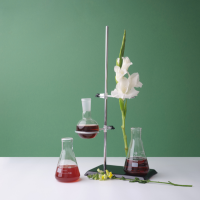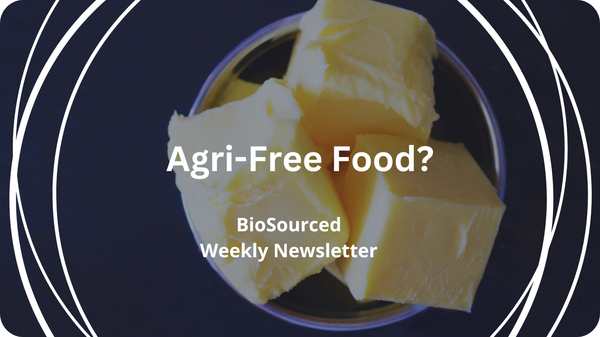SEPTON™ BIO
SEPTON™ BIO-series, developed by Kuraray, is a new family of hydrogenated styrene farnesene block copolymers (HSFCs) based on renewable resources.
This innovative material utilizes a new bio-based monomer, beta-farnesene, which is derived from the fermentation of sugar cane.
SEPTON™ BIO-series allows the development of thermoplastic elastomers (TPEs) that are more sustainable than conventional materials on the market and enables users to increase the bio content of TPEs compared to petroleum-based materials.
SEPTON™ BIO-series offers several features and benefits, such as lower greenhouse gas emissions, excellent wet and dry grip performance, strong and stable adhesion force, good processability, good damping properties, low compression set, low permanent set, low oil bleed, and the ability to enable adhesive applications with excellent removability and no residue.
The grades of SEPTON™ BIO-series vary by molecular weight and bio content, with grades available with up to 80% bio content. The grades of SEPTON™ BIO-series enable a reduction of greenhouse gases by up to 33% depending on the organic content.
SEPTON™ BIO-series offers a sustainable, high-performance alternative for various applications such as adhesives, coatings, sealants, compounding, consumer goods, electronics, industrial and construction, mobility, sporting goods and footwear, and even 3D printing.





